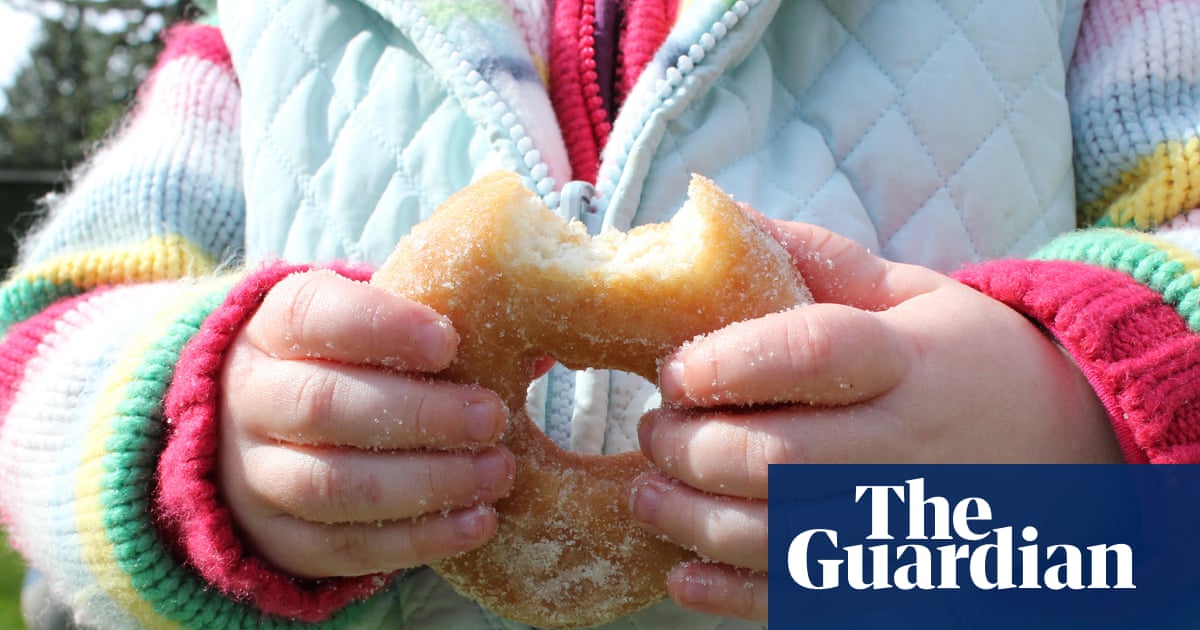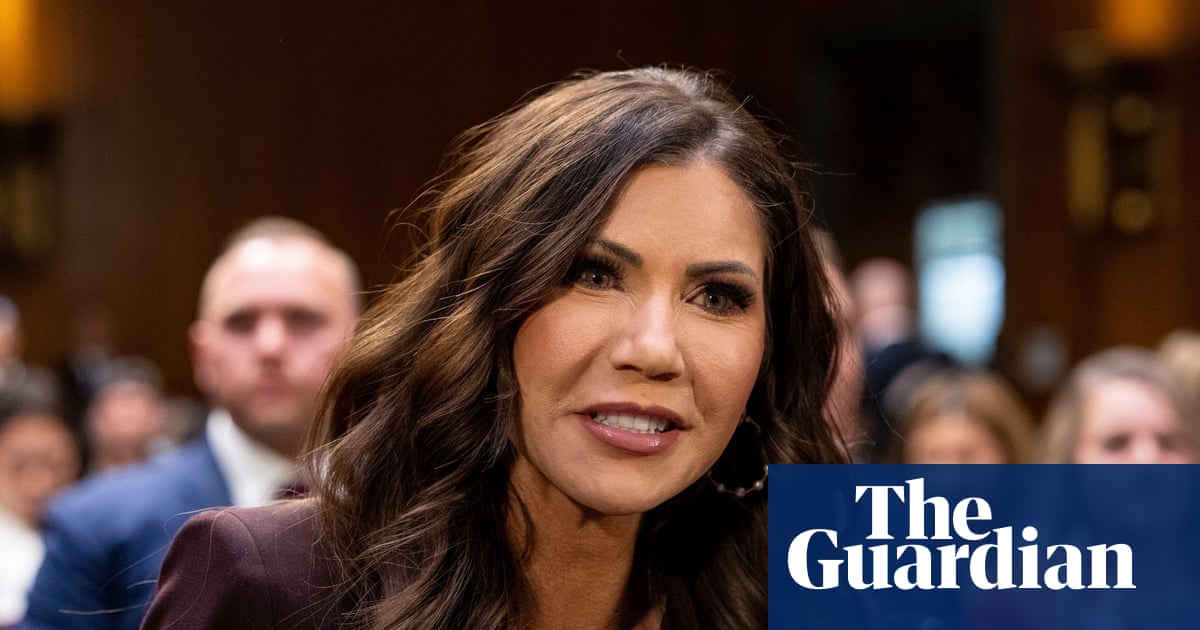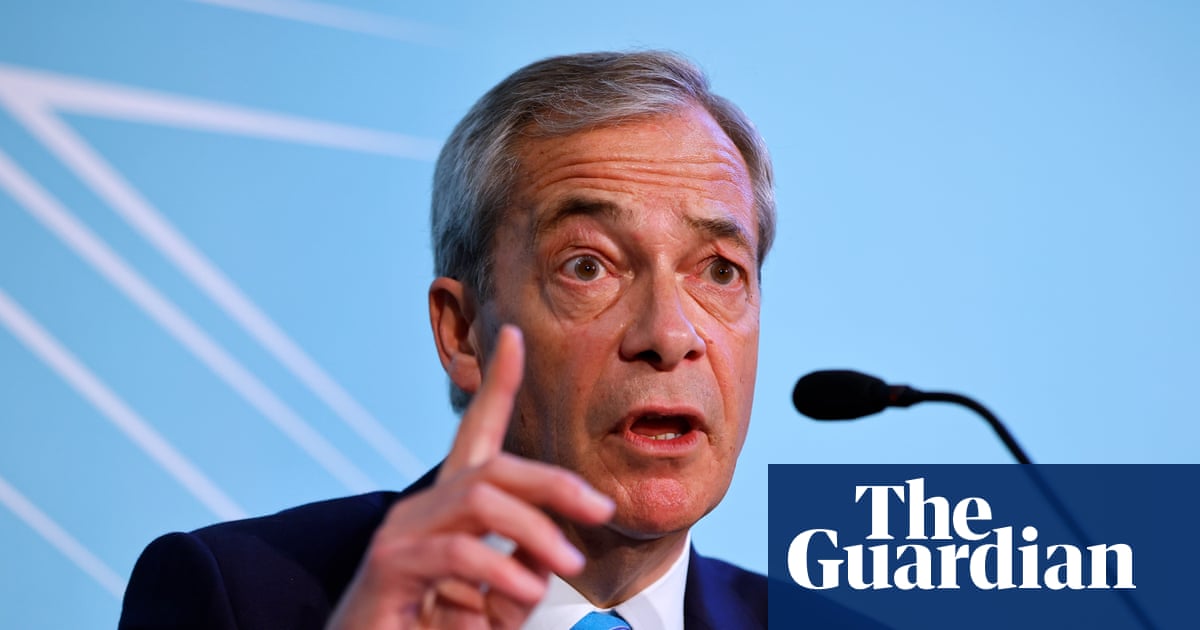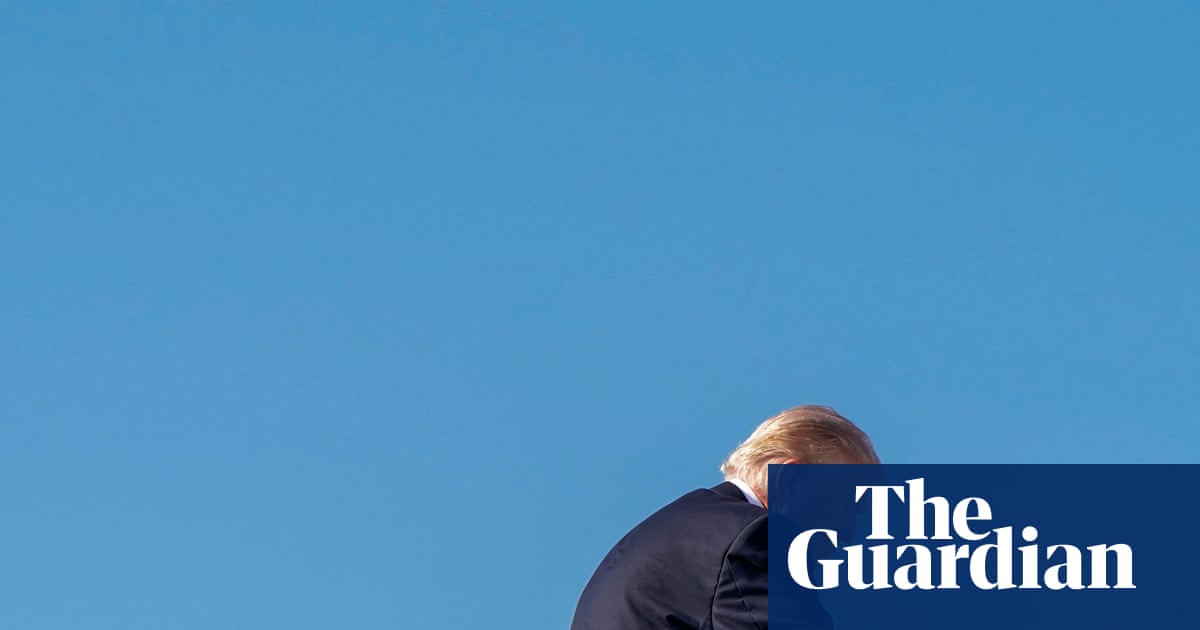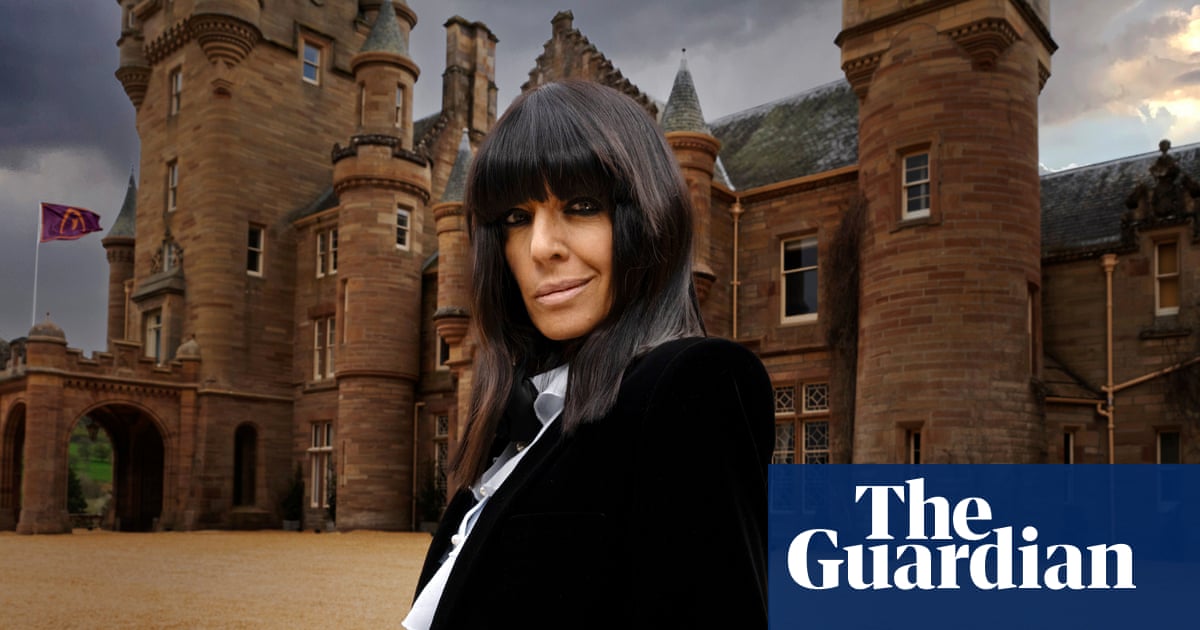“I’m lucky I’m not a lawyer or an accountant or something professional,” says Peach Martine, a 23-year-old musician whose Instagram feed is a kaleidoscope of colourful faux fur and leopard-print outfits. “People sometimes have trouble taking my name seriously.” First, there are the jokey comments (“Is your sister named Papaya?”) and then the assumption that she must be “a bit silly”. And don’t get her started on going to Starbucks. “They always put Paige on the cup!”
Martine wouldn’t dream of changing her first name though. She likes the fact that she has an unusual name. As a singer, she says, it has helped her to be more recognisable. If she had children, she would consider naming them something unique too.
Martine is not alone. According to one study, based on an analysis of 325 million American babies born between 1880 and 2007, the use of common baby names has decreased steadily since 1983, with the greatest rate of change during the 1990s. In 2023, the last year for which figures were published, the UK’s Office for National Statistics found that 64,560 unique names were being registered each year – twice as many as in 1999. This year, according to the US parenting website and app BabyCenter, Juniper, Malachi and Emersyn made it into the top 100 names for the first time. In Japan, the spread of unique names has been so vast that this year the government clamped down on kirakira (shiny or glittery) names, after parents had sparked criticism by naming children after brands or famous characters, including the Pokémon Pikachu, Naiki (Nike) and Pū (as in Winnie-the-Pooh), or others, such as Akuma (Devil), that made headlines.
What is behind the rise? Some point to celebrity culture. Apple, the daughter of Gwyneth Paltrow and Chris Martin, is fronting a fashion campaign for Gap with her mother. Pixie Geldof, daughter of Bob Geldof and Paula Yates, and Heavenly Hiraani Tiger Lily, Yates’s daughter with Michael Hutchence, later adopted by Geldof, are celebrities in their own right. Then there are Rihanna and A$AP Rocky’s three children: Riot, RZA and Rocki; and rapper Cardi B’s daughter Kulture. The model Nara Smith announced to her Instagram followers recently that baby Fawnie Golden has joined her brood, which already comprises Rumble Honey, Whimsy Lou and Slim Easy. The YouTuber Trisha Paytas gave birth to Aquaman in July, joining her other children, Malibu Barbie and Elvis. And who can forget the arrival of Elon Musk and singer Grimes’ first child, X Æ A-12?
In terms of naming children, says Kevin Schürer, a researcher at the Cambridge Group for the History of Population and Social Structure: “What we’ve really seen in the last 20-odd years is that anything goes. You have more individualistic names coming in, either using older names with relatively new spellings, and the rise of names based on popular culture. So you’re moving away from a standard stock of names.” The practice of naming children after a godparent or family member declined from the 18th century onwards in the UK – when populations became more mobile around the Industrial Revolution, and parents became less constrained by custom and the opinions of extended family. Now, parents choose “names they like because they’re appearing on social media, television, and media sites,” Schürer says.
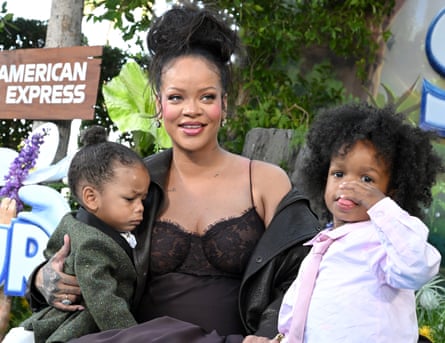
A name matters. Research has suggested it can affect who we date, how well students do at university (those with surnames later in the alphabet were found to receive lower grades), and in China, it has been found to impact how likely people are to commit a crime. In fact, a name matters so much that there is now an industry devoted to choosing one. Taylor Humphrey, who set up her company What’s in a Baby Name in 2015, charges more than $1,500 for a list of potential names. For $30,000, she offers full “baby name branding”. Websites such as Nameberry, My Name for Life and Namerology coach parents on the dos and don’ts of naming. On TikTok, influencer Emily Kim predicts what celebrities and influencers will name their children, and also charges for her baby naming advice.
Duana Taha, author of The Name Therapist: How Growing Up With My Odd Name Taught Me Everything You Need to Know About Yours, believes that a name says less about the person and more about the people who named them. “If you are somebody named Sarah, for example, that is a name that is fairly traditional and easily understood. It is biblical, but also literary. It is straightforward, doesn’t have a lot of frill about it. People who choose Sarah might value certain things versus people who choose something more fanciful, like Seraphina.”
Little Seraphina might turn out more confident though, says Taha. If your name is unusual: “You’re already getting more attention that you didn’t necessarily choose. That’s one thing for me to say as an adult, who has come to terms with this, but that happens to three- and four-year-olds. I think they become very used to advocating for themselves and realising there is this thing that sets them apart.”
According to a study published in Strategic Management Journal in 2020, which analysed the names of CEOs of 1,172 public firms over a 19-year period, CEOs with unusual names “tend to develop a conception of being different from peers and accordingly pursue strategies that deviate from industry norms”.
David Figlio, a professor of economics at the University of Rochester in New York, who studied how names can trigger different outcomes for schoolchildren in the early 2000s, says: “Jews often say that your name is your first gift.” His research found that American boys with names that sound more feminine (such as Ashley or Courtney) were more likely to be badly behaved once they entered grade 6. Meanwhile, girls with masculine names, such as Morgan and Taylor, were more likely to pursue advanced studies in science and maths than their siblings with more feminine names like Emma or Isabella.
“From the very first moments of their lives, Isabella and Taylor were receiving different signals from all these people in society around them who had no idea that they were doing it. And the parents absorbed those signals too – and may not have been surprised when Taylor wanted to play with trucks and Isabella wanted to play with dolls,” says Figlio.
Even today, “a substantial majority of people on both sides of the Atlantic still give their kids gendered names,” he says, although he believes that the increasing number of girls being given names that have traditionally been given to boys (like Taylor, thanks to a certain singer) is partly behind the rise in unique names. Parents are often more willing to choose an unconventional name for their daughters, he says, while picking traditional names for their sons. Even so, “you have these names that are relatively new in the name playbook – such as Kehlani which is in the top 100 this year – and you know it’s a girl,” he says. “We have been accustomed to associate certain linguistic features with masculinity and femininity even when what we’re observing in both the US and UK is a desire for uniqueness.”
Could a name set you up for life? In 1985, the Belgian psychologist Jozef Nuttin found that people showed a preference for letters that occurred in their first or last names too. The name-letter effect, as it was called, drew on “implicit egotism”, which is the unconscious preference for things that are associated with yourself. It gives rise to “nominative determinism”, a term popularised by a column in the New Scientist in 1994, which could explain why Sara Blizzard – a weather presenter at the BBC – gravitated towards her career; Chris Moneymaker became a famous poker player; Ellie Cook is a pastry chef and Mr David Limb is an orthopaedic surgeon.
Limb, and his sons Richard and Christopher, who followed him into the medical profession, published a short paper in 2015 on the phenomenon after receiving comments about their name at work. Of the 313,445 entries in the medical register in the UK, they found the median frequency of names relevant to medicine was 1 in 149, including Doctor, Nurse and Ward; while those with names related to their subspecialty was 1 in 486. In urology, there were Burns, Cox, Dick, Koch, Balluch, Ball and Waterfall. In obstetrics and gynaecology, New, Bourne and Child. Dr Pain appeared most commonly in general surgery “but fortunately not Dr Handslip”, the paper says.
In the kitchens at the Ettington Park hotel in Stratford-upon-Avon where Ellie Cook works, not a day goes without someone mentioning the link between her name and profession. Her front of house team tell diners the food is extra good because she was born for the role. “I used to teach at Le Cordon Bleu and the students used to get a kick out of it,” she says.
Cook is originally from Solihull in the Midlands, where she would bake as a child with her mum. She quit nursing to attend culinary school with the hope that she would set up an ice-cream parlour one day. “Maybe there was an unconscious draw,” says the 33-year-old, whose great-aunt (nee Cook) fed the soldiers during the second world war. “I suppose if the name comes from somewhere in your family, it’s genetic to some degree.”
Surnames were developed as the population grew in the middle ages to distinguish people with the same common first names for the purpose of collecting poll tax in England. It was at about this time that forenames were recorded too. The earliest poll tax returns from 1377 to 1381 are the first records historians have for English names and show a preference for west Germanic and Frankish names and those of Christian saints, which were introduced into England mainly after 1066, such as John, William, Thomas, Alice, Agnes and Joan. With the Reformation in the early 17th century, there was a rise in biblical names such as Elizabeth, Mary and Anne, and later Puritan ones such as Faith, Hope and Love (and more strangely: Helpless, DieWell and FearNot) in the second half of the century.
Names can tell us a lot about someone’s class and identity – and much about our own prejudices. Caoimhe (pronounced Keeva) McMonagle, who is 26, never thought much of her name until she moved from northern Ireland to Manchester a year ago. She recently shared on TikTok some of the negative reactions she had experienced, particularly from men on nights out, who have said: “What kind of name is that?” and “That’s made up.” McMonagle says she hasn’t experienced issues in the workplace – she works as an anti-money laundering analyst – and loves her name. “I’m really proud to be Irish,” she says.
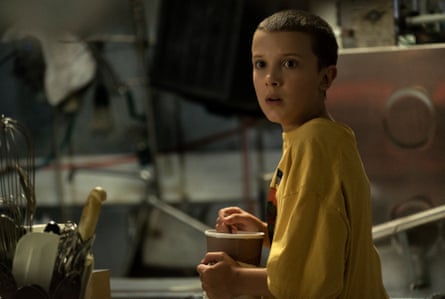
Names from other ethnicities have been shown to have significant impact on careers. One 2023 study from King’s College London, conducted in Australia, created more than 12,000 fictional CVs in response to 4,000 job adverts. The CVs were all identical, apart from the names being altered to represent six distinct ethnic groups to reflect Arabic, Australian Aboriginal, Chinese, English, Greek and Indian backgrounds. The applications were for jobs across 12 different occupations. The results were stark. For leadership roles, 26.8% of applications submitted with English names received positive responses, while only 11.3% of those with non-English names received positive responses. “As well as violating anti-discrimination laws, businesses that are consciously or unconsciously rejecting people based on their name and not their qualifications and experience are reducing their chances of finding the right person for the role,” the study’s author wrote.
No name is banned outright in the UK, although the UK Deed Poll Office has rejected names it thought would cause the child to face ridicule, including Martian, King, Princess and Monkey. In 2016, the court of appeal ruled that a mother in Wales could not name one of her twins Cyanide, after the poison. In Germany, Adolf Hitler and Osama Bin Laden are banned; the US has 11 illegal names including Jesus Christ and Santa Claus; while Malaysia rejects plants, fruits, vegetables, animals and insects. One Australian journalist managed to name her baby Methamphetamine Rules to test the country’s regulations.
It is, of course, possible to change your name. Although it might come as a surprise that it is classic names such as James and Elizabeth that people are ditching, not the more obscure ones. Rebecca, Thomas, Muhammad and David featured in the top 10 most changed names, swapped out for Liam, Riley, Kayleigh and Remiel, according to research from MyNamesTags, which analysed more than 14,000 name changes by Deed Poll over the last five years. Some adapt names to better reflect their cultural or religious heritage, while others may choose a new name that aligns with their gender identity. In 2025, one provider of legal deed polls said that one in six of all applications were from people changing their name to live “more authentically”. In some cases, they maintain a connection to their original name, such as the actor Elliot Page. But that has not been the trend in the UK where nearly 70% of applicants choose new names that begin with a different letter.
Whatever the reason, the proliferation of unique names seems here to stay. Peach Martine doesn’t think that’s going to change any time soon. “We grew up with so many interesting names in books and TV shows that I would be surprised if gen Z didn’t continue the trend of naming their kids from popular series.” She has seen a lot of number names, possibly inspired by the character Eleven in the Netflix series Stranger Things. Names such as Four or Six, which could be a more modern-day version of lineage, to honour relatives, allude to a birth order, and connect to culture, according to Nameberry. They just need to be prepared for people’s reactions. “Sometimes it’s very charming,” Martine says, “but sometimes people make jokes. I’ve had my name for 23 years, so that’s more than 20 years of listening to jokes.”

 3 months ago
132
3 months ago
132




